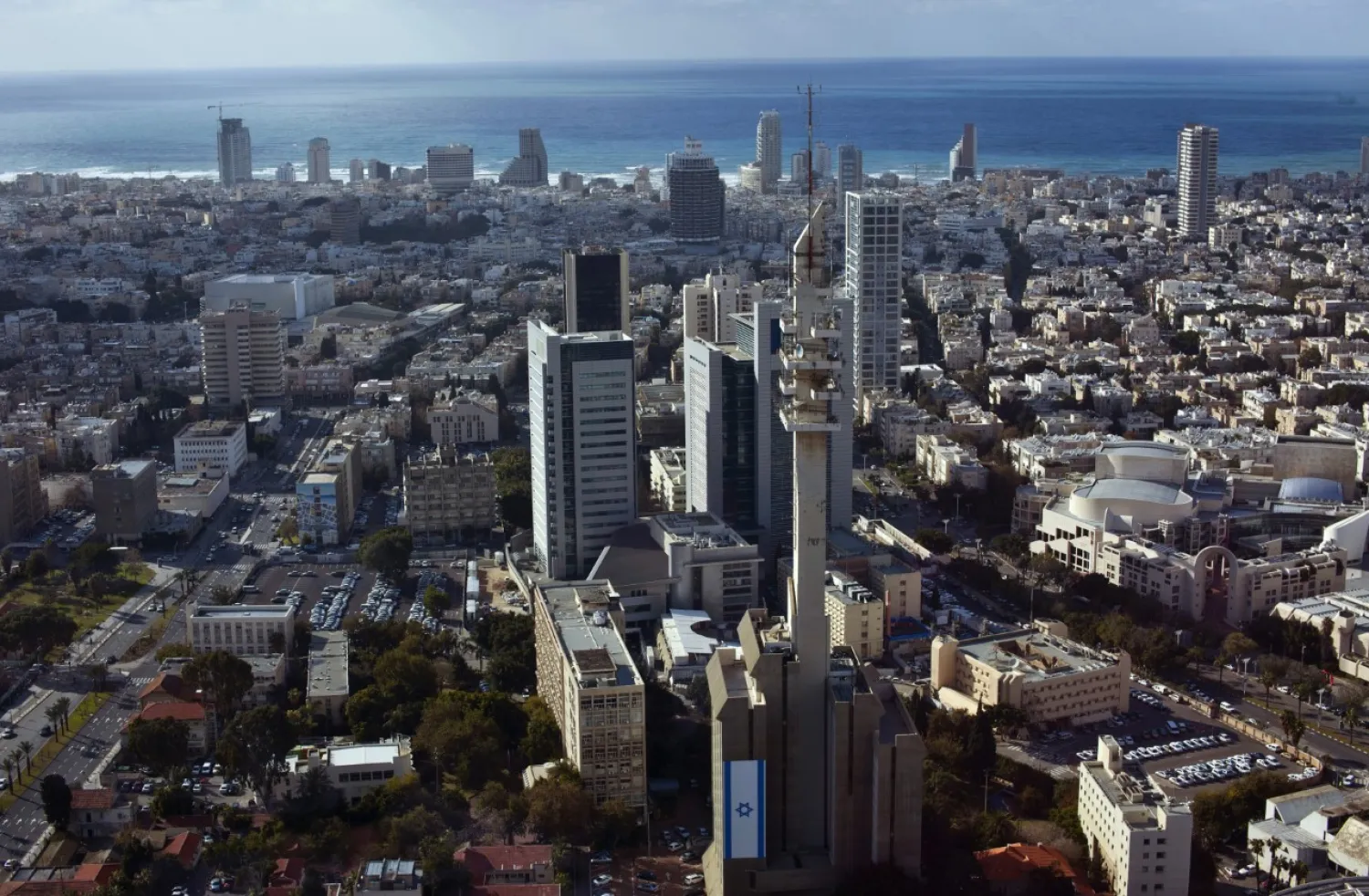Another Arab citizen from Israel has managed to cross the border into Lebanon without the Israeli army detecting them. The Israeli army was only aware of the situation after Lebanese media had reported on the matter.
The Israeli army spokesman said that intelligence services were examining Lebanese reports about an unidentified individual slipping across the border fence from Israel to Lebanon on Sunday.
According to the reports, the individual was arrested by the Lebanese intelligence after crossing the border in the Marj Oyoun valley.
He is currently being investigated by the Lebanese judiciary.
This is the second time within a week that a person crossed the border fence from Israeli territory into Lebanon.
Last week, Lebanese media reported that another person entered through the border with Israel.
The person crossed the border near the village of Dahira, which is parallel to the village of Aramsha on the Israeli side in the Western Galilee. It was reported in this incident as well that the Lebanese intelligence caught the suspect and put him under investigation.
Lebanese media also reported that the person who crossed the border last week is Farid Nizar Taher, a 30-year-old Arab Israeli.
The Israeli army said that “a person has been identified who crossed the border fence from Israeli territory into Lebanese territory. A dialogue is taking place in the coordination and liaison channels.”
An Israeli army spokesman revealed that his country was contacting intermediaries like UNIFIL to return the citizen home.
Last March, forces from the Israeli army discovered that a young man had crossed the border into Lebanon, so soldiers pursued him and arrested him while he was on Lebanese soil and returned him to the country, where the intelligence services interrogated and arrested him.
Borders between Israel and Lebanon extend over 145 kilometers, from Ras al-Naqoura on the Mediterranean Sea in the west to the Shebaa Farms and Mount Hermon in the east.









